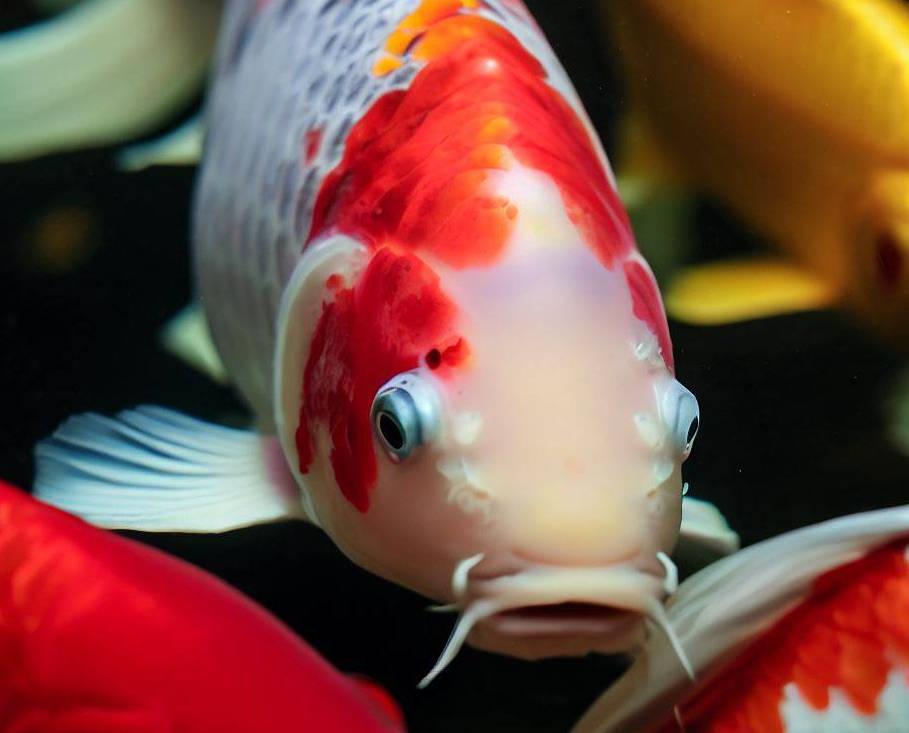Keeping these beautiful creatures comes with its own set of challenges. From water quality management to health concerns, maintaining a thriving koi pond or tank requires careful attention and dedication. In this article, we will explore the difficulties that come with keeping koi and provide insights into overcoming these challenges.
- Water Quality Management: Maintaining pristine water quality is paramount when caring for koi fish. Poor water conditions can lead to stress, disease, and even death. Koi produce a substantial amount of waste, leading to elevated ammonia and nitrate levels. Regular monitoring and proper filtration systems are essential to control these parameters and ensure a healthy environment for the fish.
- Size and Space Requirements: Koi fish are known for their impressive growth rates. While small koi may initially fit comfortably in a tank or pond, they can quickly outgrow their environment. The space limitations of tanks can inhibit their growth, leading to health issues and reduced lifespan. Providing ample space for koi to swim and grow is crucial to their overall well-being.
- Dietary Needs: Feeding koi fish requires careful consideration. They have specific dietary requirements that must be met to maintain optimal health and growth. A balanced diet rich in protein, vitamins, and minerals is essential. Overfeeding can lead to obesity, while underfeeding can stunt their growth and compromise their immune system. Striking the right balance and monitoring their feeding habits is crucial for their well-being.
- Temperature Regulation: Koi fish are cold-water species, meaning they require specific temperature conditions to thrive. Extreme fluctuations in temperature can stress the fish and make them more susceptible to diseases. Maintaining a stable temperature within their ideal range is essential. During winter months, additional measures such as pond heaters or relocating indoor tanks may be necessary to protect them from freezing temperatures.
- Disease Prevention and Treatment: Koi fish are susceptible to various diseases, such as bacterial infections, parasites, and viral outbreaks. Preventive measures, such as regular water testing, quarantine procedures for new fish, and a robust filtration system, can help minimize the risk of diseases. Timely identification and treatment of any health issues are critical to ensure the well-being of the entire koi population.
- Predators and Environmental Hazards: Koi fish are attractive targets for predators such as herons, raccoons, and cats. Proper pond design, including protective netting or fencing, can help deter these threats. Additionally, environmental hazards like extreme weather events, pollutants, and waterborne toxins can pose risks to koi fish. Being aware of potential dangers and taking appropriate precautions is essential for their safety.
Keeping koi fish is a rewarding endeavor, but it is not without its difficulties. The challenges of maintaining water quality, managing their size requirements, providing proper nutrition, regulating temperature, preventing diseases, and protecting them from predators and hazards demand careful attention and expertise. By understanding and addressing these challenges, koi enthusiasts can create an environment that promotes the health, growth, and beauty of these magnificent creatures. With patience, knowledge, and dedication, the joys of keeping koi can far outweigh the difficulties, resulting in a thriving and vibrant aquatic ecosystem.
